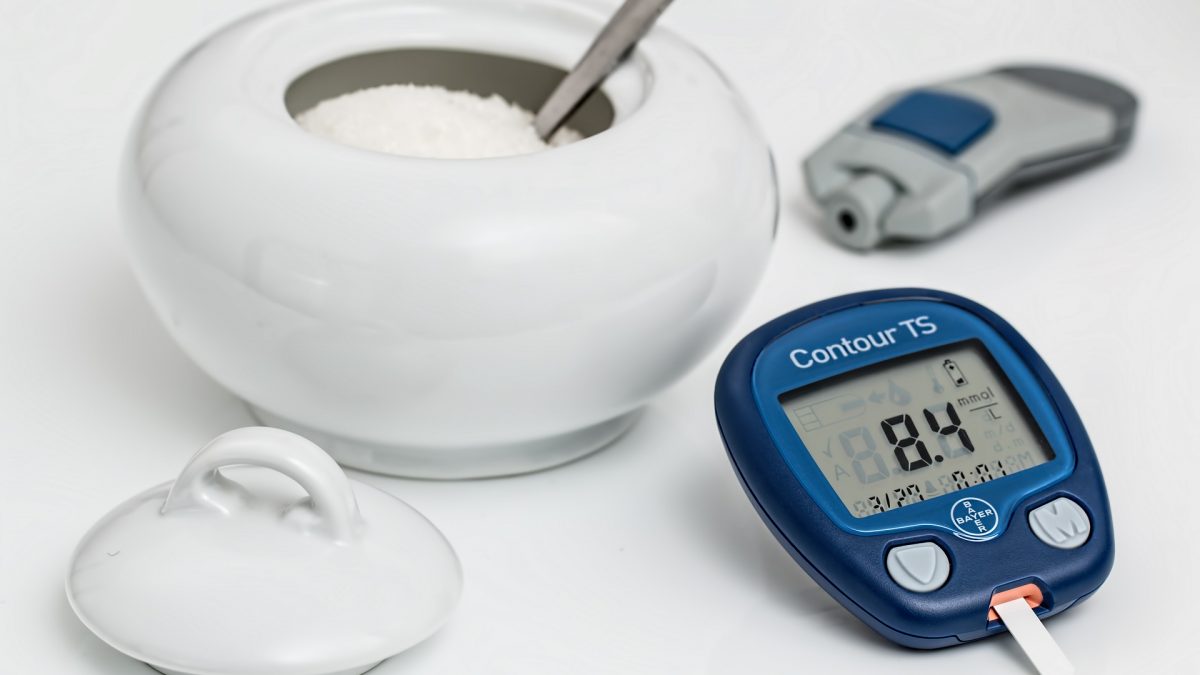10 Easy Tips To Help You Manage Diabetes

Ten habits Of Healthy People
June 2, 2020
Top 5 Benefits Of Intermittent Fasting
June 7, 2020How To Manage Diabetes
Diabetes is a very common illness, and while there is no cure for it yet, you can manage diabetes and live a long healthy life. A diabetes diagnosis is not a death sentence. Here are helpful tips for keeping your diabetes under control and maintaining healthy glucose levels.
Here are some tips to help you manage diabetes:
Adjust for your stage of life.
Living with diabetes means that you have to make some adjustments to suit your health. For example, hormone levels can cause your blood sugar to fluctuate, so that means that a diabetic woman would have to adjust her medication, exercise level, or meal plan according to her menstrual cycle. You may need to check your blood sugar levels more often, depending on the changes that your body is undergoing. Your doctor can help you create a plan to manage these changes at different stages of your life.
Be careful about the drugs you take.
Some medications are sweetened and may affect your diabetes. Some medicines may also affect the levels of glucose in the body in other ways. You need to be careful about the drugs you take. If you are not sure about anything, always remember to ask your doctor for clarification.
Keep calm.
An increase in stress levels can cause your blood sugar levels to spike. Arm yourself with different healthy activities and coping mechanisms to help you reduce stress. You can try yoga, meditation, gardening, reading a book, or listening to music – just as long as they help you cope with stress.
READ ALSO: 7 Best Foods To Help You Cope With Stress
Drink in moderation.
Alcohol can be toxic to the body. When you drink, your liver works overtime to process the alcohol. This means that your liver is too busy to perform other vital functions in the body like releasing stored sugar in response to low sugar levels. When you drink too much alcohol, you put your body at risk of low blood sugar. Also, over-imbibing alcohol can impair your judgment and affect your ability to make the right decisions for your health.
Sweeten it yourself.
Get more control of your sugar intake by adding in your sweeteners by yourself. Avoid ore-sweetened foods and drinks. In addition to helping you monitor and consume less sugar, it also helps you control your calorie and carb intake.
Amp up your oral hygiene.
Diabetes increases your risk of getting gum diseases. People with diabetes are more susceptible to oral diseases because diabetes reduces the body’s ability to fight bacterial infections in the mouth. Pay close attention to your oral hygiene to avoid these diseases.
Get vaccinated.
Besides making you more susceptible to oral diseases, diabetes also makes you more vulnerable to other infections. People with diabetes are particularly vulnerable to hepatitis B, flu, and pneumonia. Vaccines will help prevent you from falling ill from these diseases.
Plan your travels well.
Travelling can disrupt your routine, so you need to make arrangements to accommodate those disruptions. Olan ahead for any trips you want to take. You can talk to your doctor to determine how to adjust and ensure you have enough medication to last you on your journey.
Know your data.
Monitor your blood glucose levels consistently. This helps you to quickly notice and address when your blood sugar levels are either high or low.
Follow the plan your doctor gives you.
Even when you feel tired or don’t feel good, follow whatever plan your doctor set for you. Stopping your plans abruptly is not your judgment to make. If you have any complaints, talk to your physician, and they can make adjustments to accommodate you.
You can stay connected with us on social media for amazing and value-adding content.

